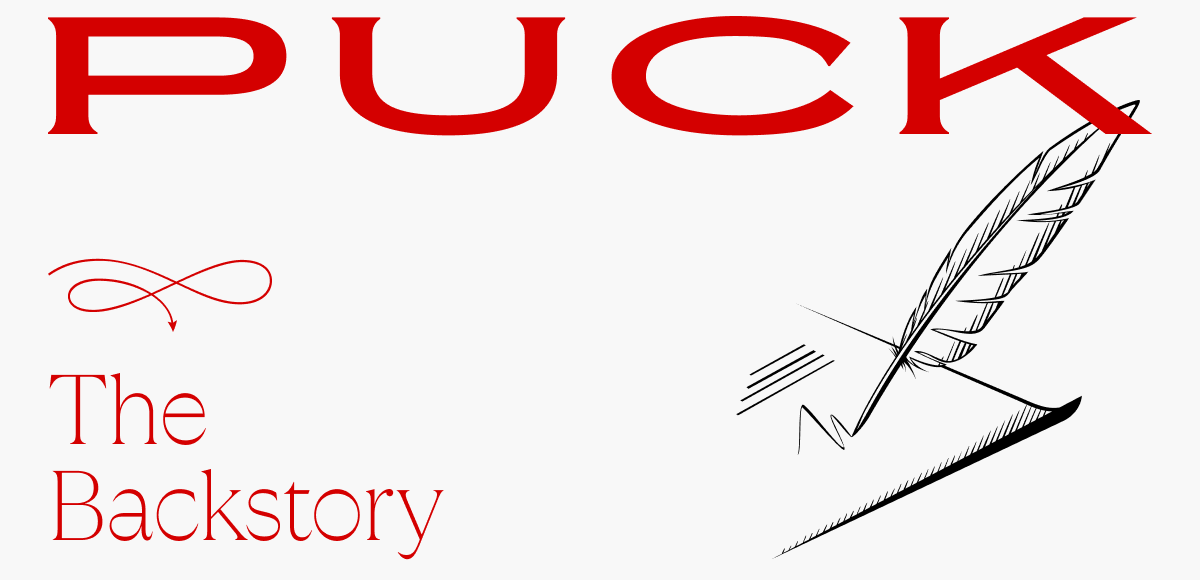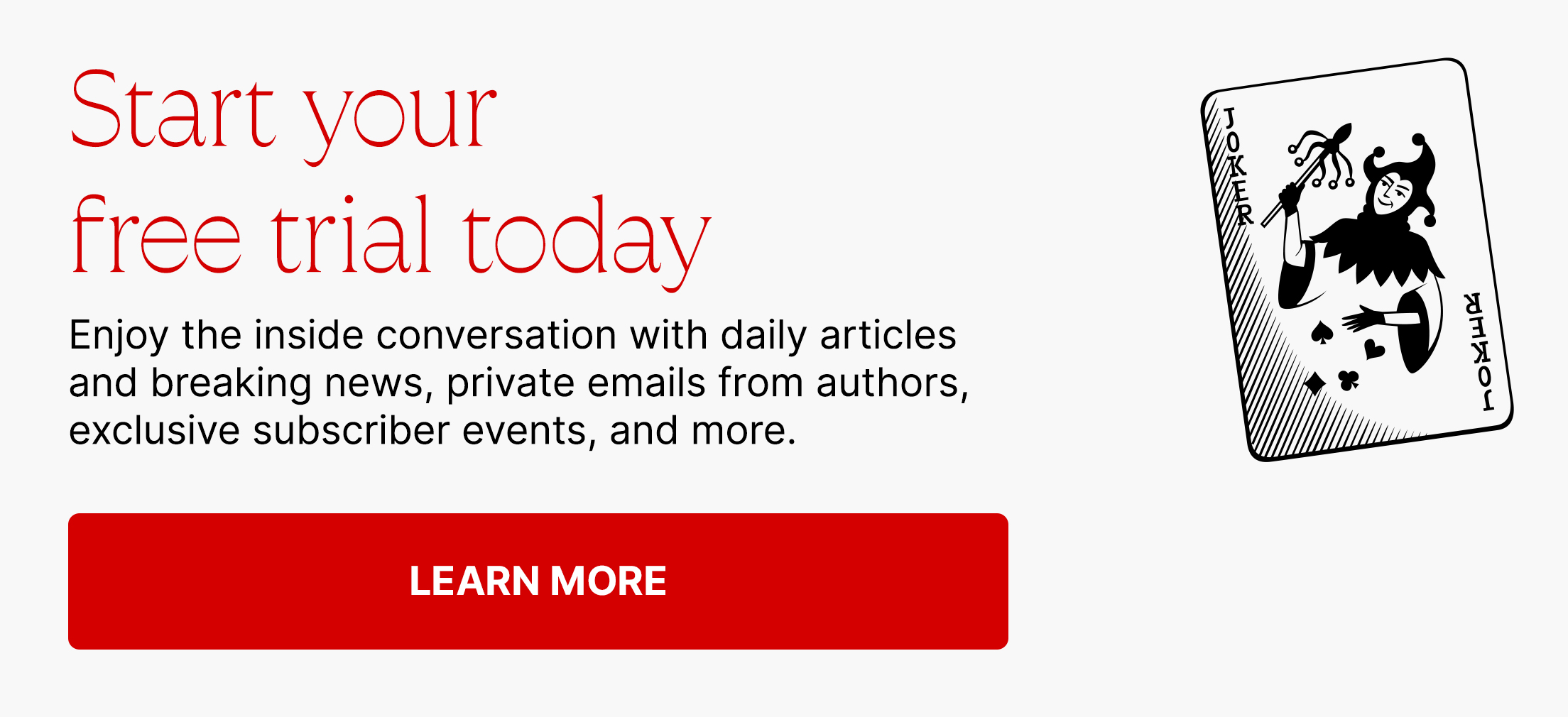On Tuesday afternoon, I met my partner Julia Ioffe for lunch at Le
Diplomate, Washington’s version of Balthazar, to welcome her back from her recent parental leave. Despite the various and seemingly incessant oscillations within the federal government and foreign policy community, the town had an unmistakably ebullient, pre-cherry blossom season vibe—a reminder of how 60-degree weather can really lift spirits in late winter. Either way, I couldn’t have been more excited to see my friend and colleague for the first time in months.
We were sitting down to catch up, to commiserate over the global state of affairs, and to plot her editorial direction in this brave new world. Julia, after all, has been the foremost chronicler of the Ukraine war and the most perspicacious journalist on the blob beat, with reportage that captures both the high-minded ambitions and the sharp-elbowed politics of the federal bureaucracy.
Mere days before our meeting, of course, Donald Trump, J.D. Vance, and Volodymyr Zelensky had staged their tragic, off-script meeting at the White House—a cascade of unfortunate and nearly surreal invective that could have been scripted by Armando Iannucci. Julia had been focusing on a different target before Vance and Trump browbeat the Ukrainian leader about their
view of foreign diplomacy and Oval Office etiquette, but that plan was out the window by the time the meeting reached its denouement. As Zelensky exited the Oval, Julia switched gears and endeavored to capture the full scope of the fallout from that disastrous confab.
The first draft of the piece hit my inbox on Monday morning and I dove right in. Naturally, without fear or favor, Julia had surveyed top
opinion makers across town and unearthed a common leitmotif. While Democrats were fulsome in their public praise of Zelensky, many grumbled privately that he had stepped on his own political rake amid this ostensible peace-keeping summit. “He can be difficult, we know this,” a former senior Biden administration official told Julia. “He’s stubborn and he doesn’t take advice, and it’s really, really hard for him to think creatively. Everyone has these problems; he just seems to
have a harder time hiding it than others.” A Democratic foreign policy expert echoed the refrain. “He’s too arrogant,” this person told Julia. “Thinks that if he can only get face to face with Trump, he can charm him. It never works. Not for Zelensky, not for Macron.”
We published Après Zelensky on Monday evening. Almost immediately, Puck’s always percolating Slack channel was alight with notes from our partners, such as Matt Belloni and Marion Maneker, declaring that they’d been deluged with praise from friends and subscribers about the piece. On Tuesday afternoon at Le Dip, I was thrilled to toast Julia’s success in person.
The shapeshifting situation in
Europe is only becoming more complex. By Friday, of course, Trump threatened sanctions on Russia—perhaps inadvertently taking Julia’s advice from her earlier piece, The Fallacy of the Trump-Putin Pact, to box in the strongman. Indeed, this is one of the great quagmires of our time, and it’s precisely what you should expect to read in Puck, as
narrated by the greatest interlocutor out there.
















